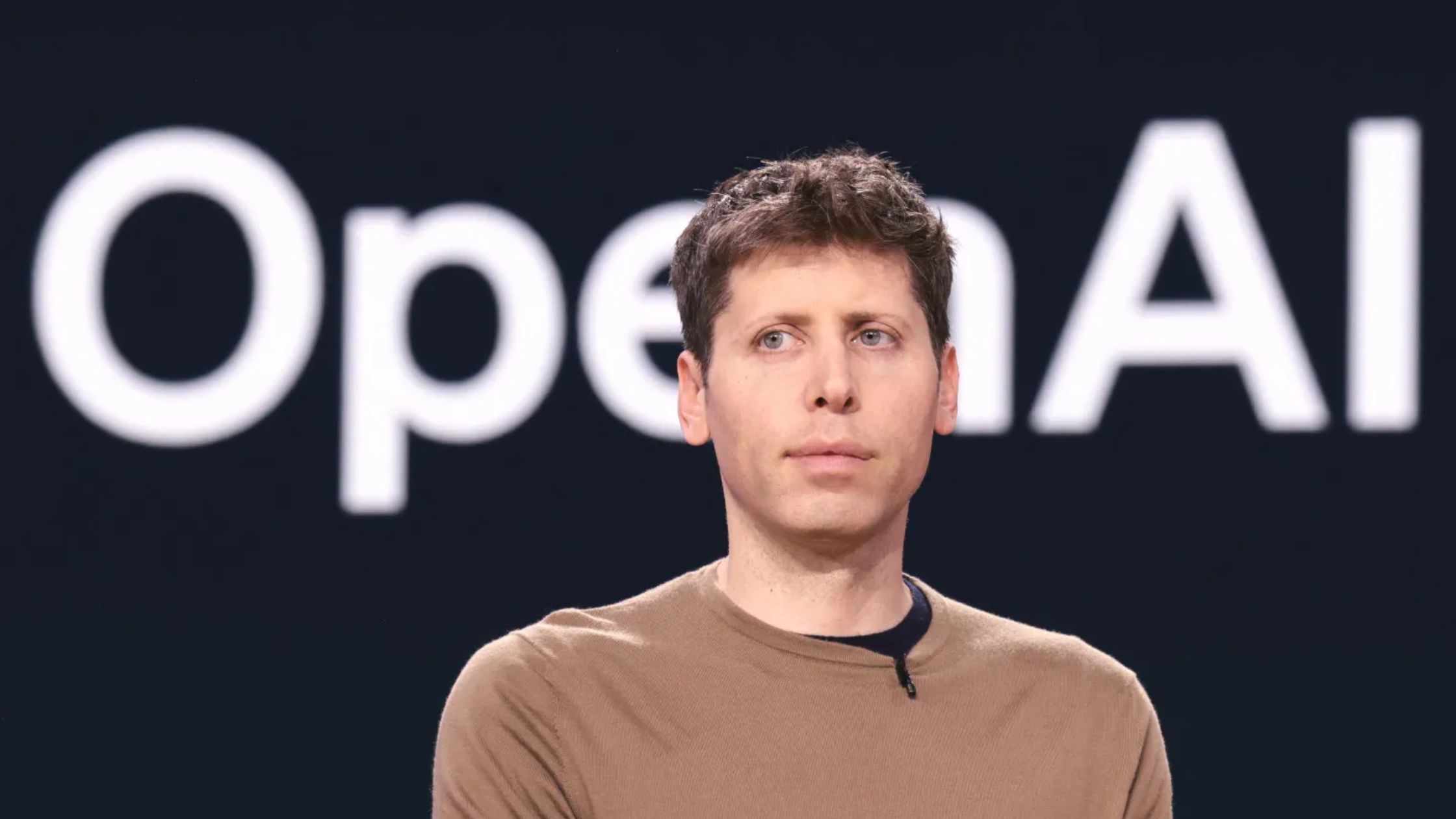Artificial intelligence is about to accelerate workforce shifts faster than many expect, and this time, customer service jobs are in the direct line of fire. OpenAI CEO Sam Altman recently sounded a clear warning: by 2025, AI “agents” capable of autonomously handling complex tasks could dramatically disrupt service-sector employment and reorder how labor markets function.
Altman’s message, delivered at a Federal Reserve conference and in multiple interviews, underscores a growing urgency to prepare for job turnover unlike anything seen before. The pace of AI-driven automation will far outstrip the slow, steady churn of previous industrial revolutions, targeting routine, knowledge-based, and customer-facing roles first. Yet amid these deep changes, Altman counsels cautious optimism, noting that entirely new categories of work will emerge, just as history has shown.
The reality behind Altman’s prediction is already manifesting. Modern AI models can breeze through coding challenges in minutes that once took skilled engineers dozens of hours. This surge in productivity turns high-cost tasks into affordable, near-instant work forcing companies to rethink staffing and cost structures. Small and large firms alike are preparing for AI “agents” to join the workforce, handling everything from inbox management to customer replies autonomously.
Some roles, however, have stronger defenses against AI takeover. Empathy-driven professions such as nursing continue to rely on human qualities that remain beyond the grasp of even the most advanced AI. While phone and chat customer support jobs risk extinction through automation, Altman and experts agree that fields demanding emotional intelligence and critical thinking may provide a more stable harbor.
Software development stands as a paradoxical battleground: AI tools enable novices to craft apps with simple prompts, potentially reducing demand for some programmers. Yet seasoned developers sometimes find AI assistance slows them down, highlighting a complex relationship between human expertise and machine augmentation. The ultimate impact on tech jobs remains uncertain, hinging on whether AI creates more opportunities through new types of work or simply displaces existing roles.
Altman’s broader point is this: resisting AI is futile. Instead, workers and industries must adapt by intensifying uniquely human skills creativity, judgment, compassion qualities machines cannot replicate. Economic history shows massive job turnover is neither unprecedented nor entirely negative. Though the coming AI punctuated equilibrium may be swift and unsettling, it also promises to unleash innovations and professions we cannot yet imagine.
As AI accelerates, the conversation shifts from raw intelligence to what makes us human. In this evolving landscape, the most future-proof careers may be those rooted in empathy, adaptability, and problem-solving beyond code and algorithms. For the millions of workers facing imminent change, Altman’s message is clear: anticipate disruption, but prepare to discover new ways to contribute and thrive in the age of AI.


